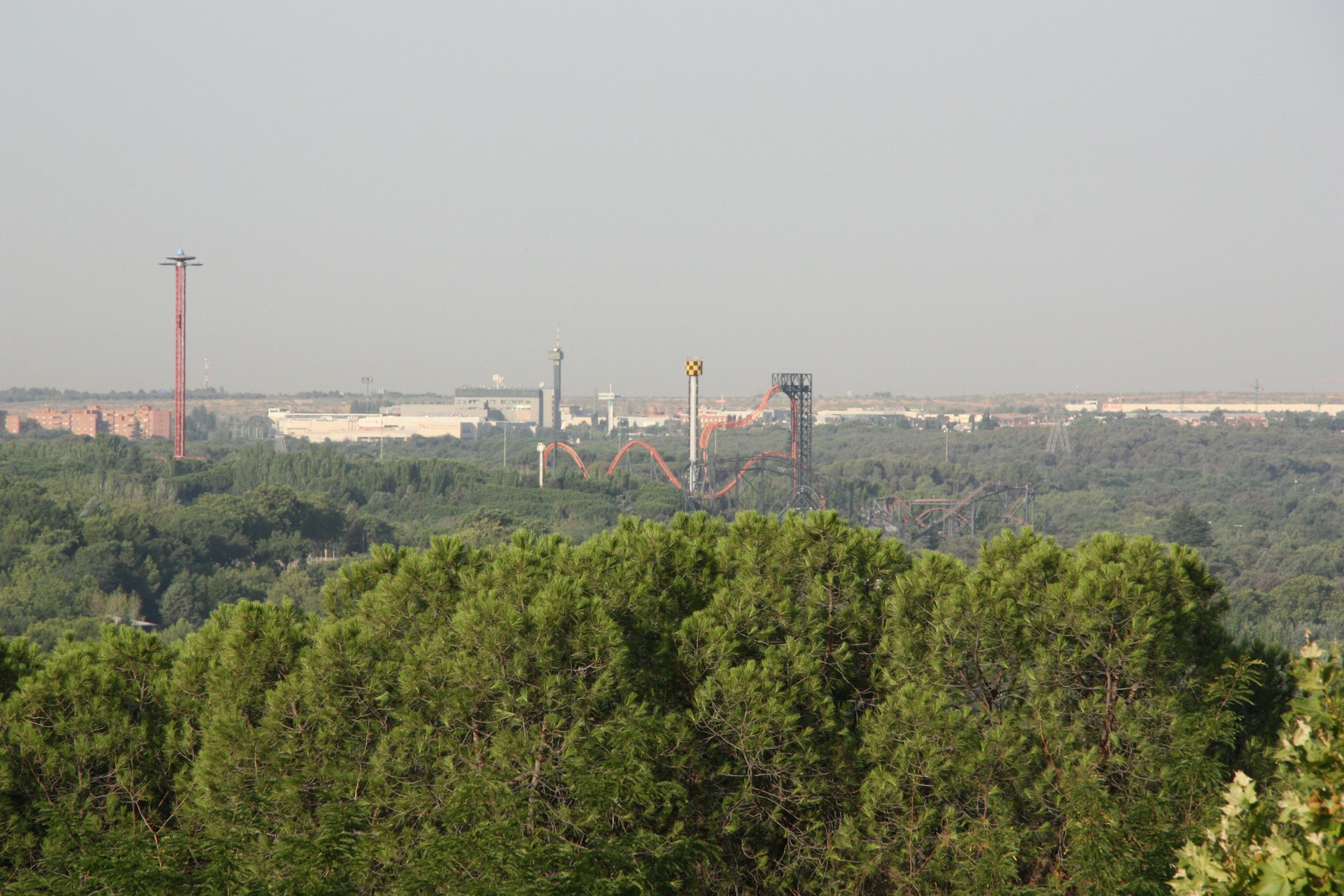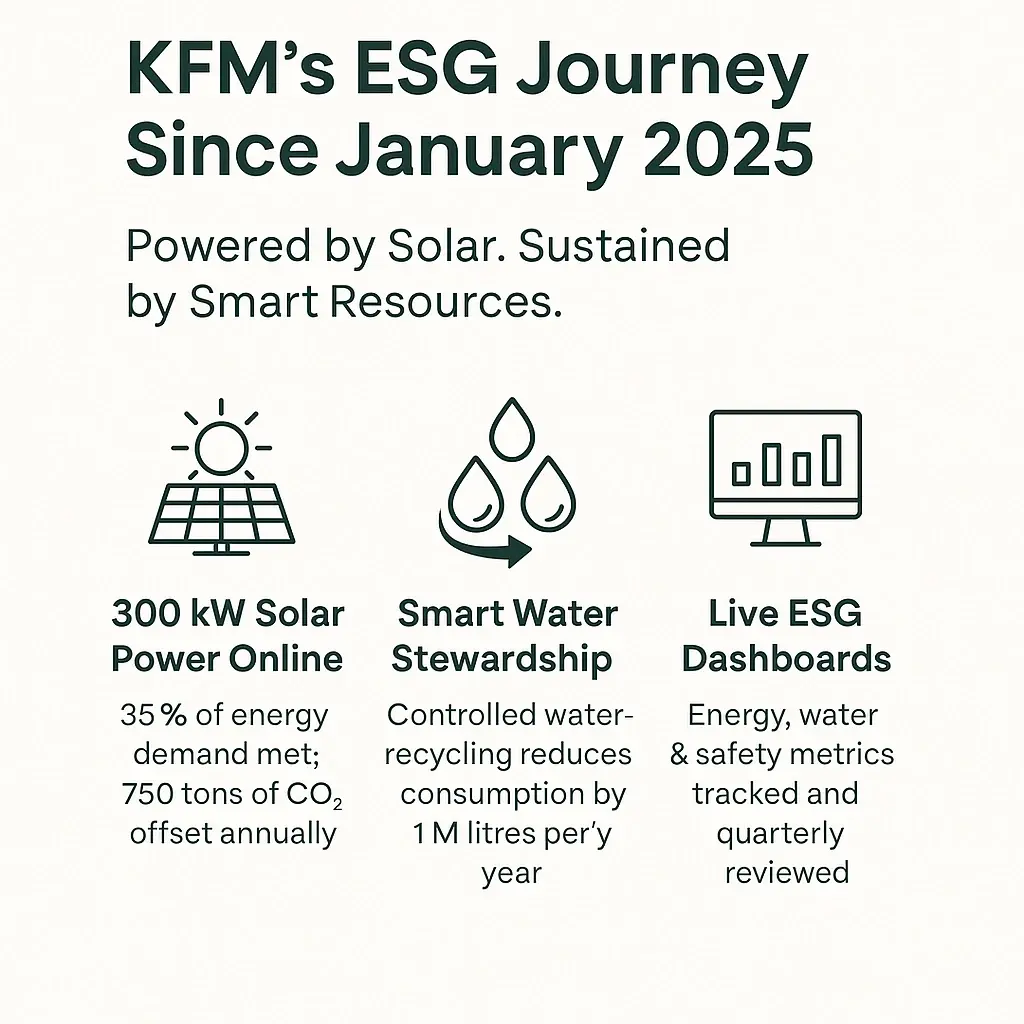Why ESG Matters in Pakistan Manufacturing
In Pakistan’s fast-evolving industrial landscape, robust ESG practices are no longer optional—they determine export access, financing costs, and brand reputation.
By embracing clear environmental, social, and governance metrics today, manufacturers position themselves ahead of tightening regulations and rising consumer expectations tomorrow.
Driving Competitiveness & Compliance
- Regulatory
Momentum
The Securities & Exchange Commission of Pakistan (SECP) issued its 2024 ESG Disclosure Guidelines urging publicly listed companies to report greenhouse-gas emissions, water intensity, gender diversity, and board independence. While currently voluntary, these standards lay the groundwork for future mandatory filings, so early adopters gain a strategic head start and smoother compliance when regulations tighten. - Export
Gateways
Access to high-value overseas markets increasingly hinges on transparent carbon and labour metrics. The EU’s Carbon Border Adjustment Mechanism (CBAM) will levy tariffs on carbon-heavy imports, and GCC food-safety regulations now request supplier social-compliance audits. Pakistani manufacturers that quantify and cut their emissions and uphold worker welfare face fewer trade barriers and remain competitive on global shelves. - Investor
Capital
Commercial banks in Pakistan have launched “Green Finance” windows that discount interest rates by 1–2 % for projects with third-party-verified ESG credentials, while development-finance institutions (DFIs) and impact investors actively channel funds toward ESG-aligned borrowers. Demonstrating measurable environmental and social gains therefore unlocks cheaper capital and accelerates plant upgrades. - Talent
& Reputation
Millennials and Gen Z—who now make up over 60 % of Pakistan’s workforce—cite social purpose and environmental responsibility as top factors in employer choice. Companies with credible ESG programmes attract high-calibre engineers, food scientists, and technologists, boosting retention, morale, and ultimately productivity. A strong ESG brand also earns consumer trust and media goodwill, reinforcing market differentiation.


